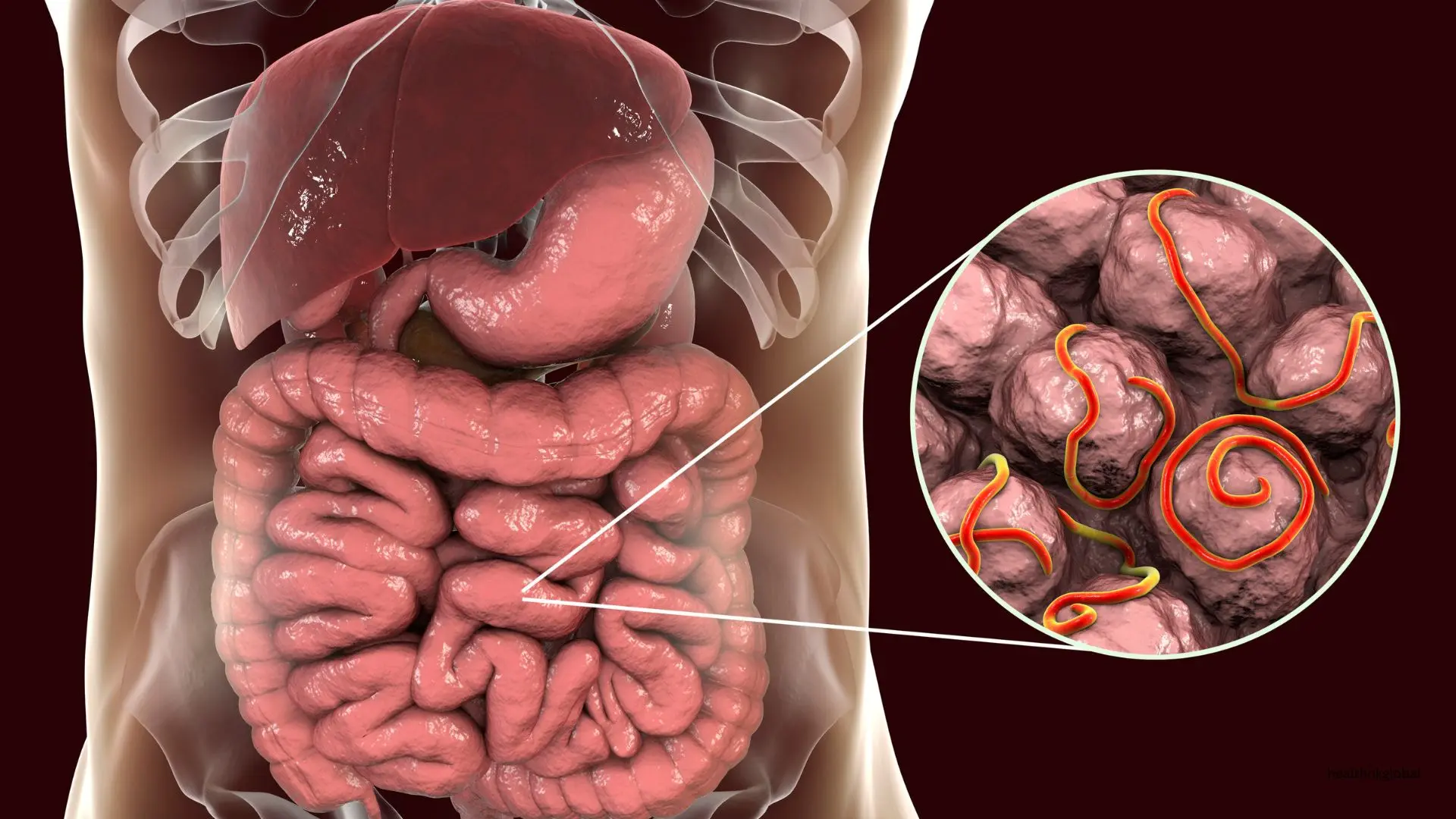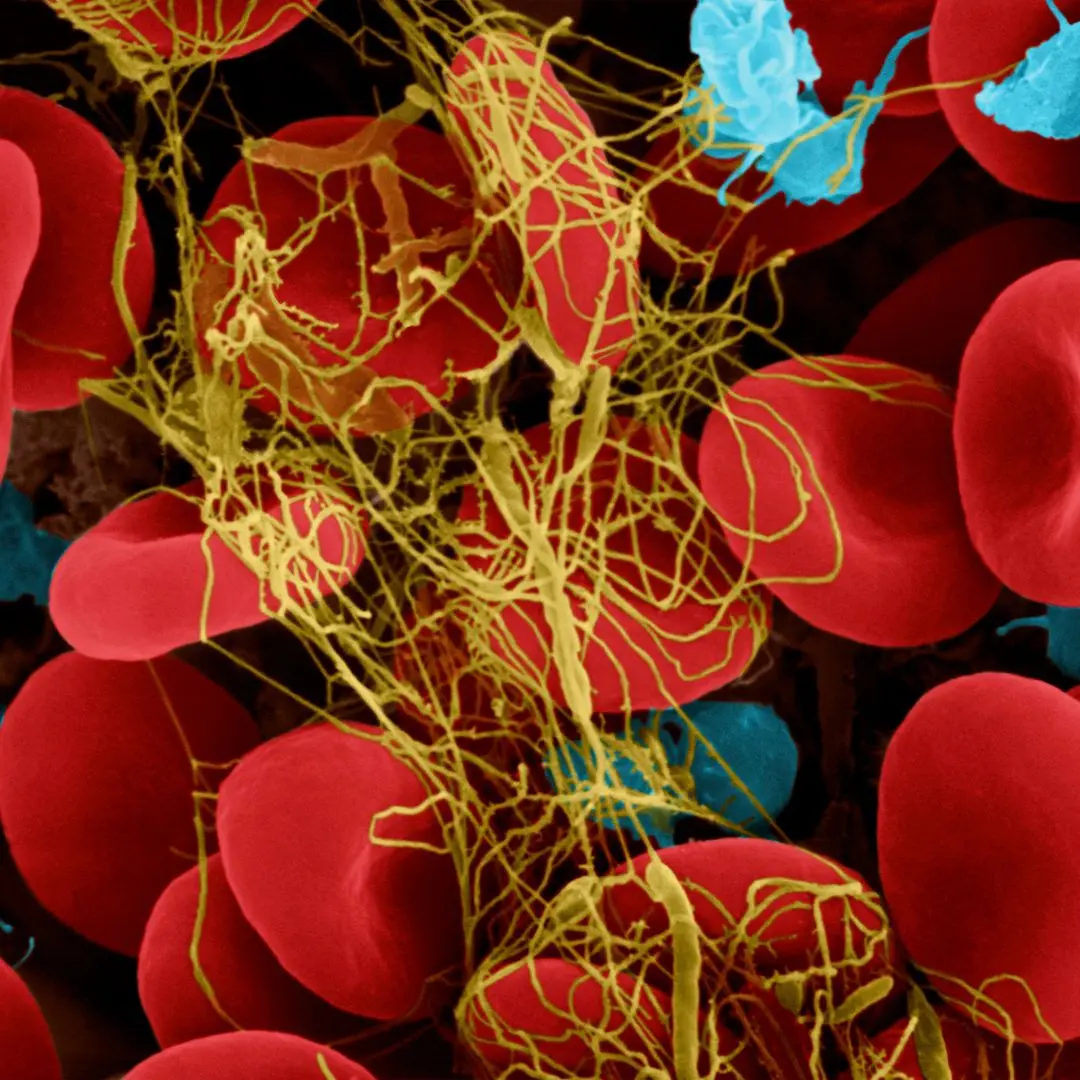Upper back pain can be a concerning symptom, leading many to wonder if it could be indicative of a serious condition like cancer.

Blog
Is Upper Back Pain a Sign of Cancer?
Upper back pain can be a concerning symptom, leading many to wonder if it could be indicative of a serious condition like cancer. While upper back pain is a common complaint, it's essential to understand the potential causes, including whether cancer is a possibility.
Upper back pain refers to discomfort or pain experienced in the thoracic spine region, which is the area of the back between the bottom of the neck and the bottom of the rib cage. This type of pain can vary in intensity, ranging from mild to severe, and may be accompanied by other symptoms such as stiffness or limited range of motion.
Several factors can contribute to upper back pain, including muscle strain, poor posture, injury, or underlying medical conditions. In many cases, upper back pain is related to muscle or ligament strain due to activities like heavy lifting, repetitive motions, or poor ergonomics.
While upper back pain is more commonly associated with musculoskeletal issues, it can sometimes be a symptom of certain types of cancer. However, it's essential to note that cancer-related upper back pain is relatively rare compared to other causes. One type of cancer that may cause upper back pain is lung cancer. Tumors in the lungs can sometimes press on nerves or the spinal cord, leading to pain in the upper back or chest. Additionally, metastatic cancer, which is cancer that has spread from another part of the body to the spine, can also cause upper back pain.
It's crucial to pay attention to certain characteristics of upper back pain that may suggest a more serious underlying cause, such as cancer. These red flags include:
Pain that doesn't improve with rest or changes in position.
Pain that worsens at night or disrupts sleep.
Significant weight loss without changes in diet or exercise.
Additional symptoms such as fatigue, weakness, or difficulty breathing.
While most cases of upper back pain are not due to cancer, it's essential to seek medical attention if you experience persistent or severe pain, particularly if it's accompanied by any of the red flags mentioned above. Your doctor can perform a thorough evaluation, including a physical exam and possibly imaging tests, to determine the underlying cause of your symptoms.
Treatment for upper back pain will depend on the underlying cause. For musculoskeletal issues, treatments may include rest, physical therapy, pain medication, or other conservative measures. If cancer is the cause of your upper back pain, your treatment plan will be tailored to your specific diagnosis and may include surgery, chemotherapy, radiation therapy, or other interventions.
While upper back pain can be a cause of concern, it's important to remember that it's often due to benign causes such as muscle strain or poor posture. However, in some cases, upper back pain may be a symptom of cancer or another serious medical condition. If you're experiencing persistent or severe upper back pain, especially if accompanied by other concerning symptoms, don't hesitate to seek medical advice. Early detection and treatment can significantly improve outcomes for many conditions, including cancer.
While upper back pain is more commonly associated with musculoskeletal issues, it can sometimes be a symptom of certain types of cancer. However, it's essential to note that cancer-related upper back pain is relatively rare compared to other causes. One type of cancer that may cause upper back pain is lung cancer. Tumors in the lungs can sometimes press on nerves or the spinal cord, leading to pain in the upper back or chest. Additionally, metastatic cancer, which is cancer that has spread from another part of the body to the spine, can also cause upper back pain.
While most cases of upper back pain are not due to cancer, it's essential to seek medical attention if you experience persistent or severe pain, particularly if it's accompanied by any of the red flags mentioned above. Your doctor can perform a thorough evaluation, including a physical exam and possibly imaging tests, to determine the underlying cause of your symptoms.
Upper back pain refers to discomfort or pain experienced in the thoracic spine region, which is the area of the back between the bottom of the neck and the bottom of the rib cage. This type of pain can vary in intensity, ranging from mild to severe, and may be accompanied by other symptoms such as stiffness or limited range of motion.
Need Personalized Health Guidance?
Get expert advice tailored to your specific health needs from our qualified healthcare professionals.





